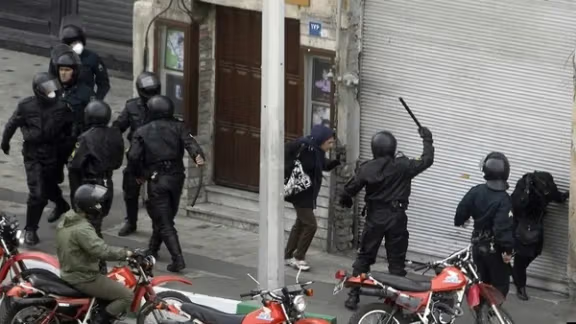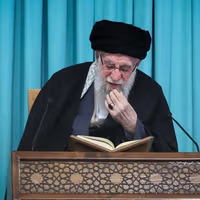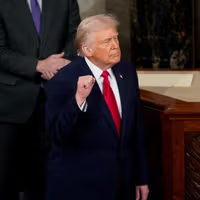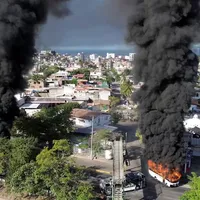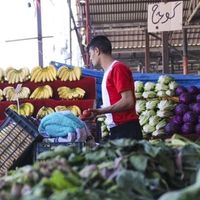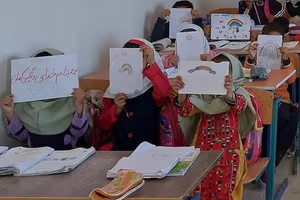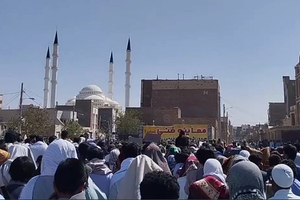With new international sanctions set to deepen economic suffering and no diplomatic or domestic opening yet visible, the severity of Iran's predicament is clear.
The term "paradigm shift" has become a euphemism for fundamental change to Iran’s political system, specifically, curbing Supreme Leader Ali Khamenei’s nearly four decades of autocratic rule.
As Iran's primary and often sole decision-maker, Khamenei has shaped not only strategic affairs but also the daily operations of government, media and public life.
But a remarkable exchange between two natural political opponents aired by an independent media outlet appears to show that both sides of the political spectrum grasp the need for a profound shift, albeit couched in politically inoffensive terms.
On September 29, the Iranian website Entekhab posted a YouTube video featuring a debate between two prominent figures: Mohammad Reza Bahonar, a conservative heavyweight and member of the Expediency Council and Abolfazl Shakouri Rad, former leader of the reformist Unity of the Nation Party.
In the 90-minute video, Bahonar emphasized that a paradigm shift does not mean regime change.
“It’s not about abandoning principles,” he said. “It’s about adapting them to new realities. The revolution’s core, Islamic governance and independence, remains intact. But the world has changed. We can’t ignore the demands of the youth or the country’s economic challenges.”
Shakouri Rad agreed, framing the shift in terms of Thomas Kuhn’s theory of scientific revolutions: “This is Kuhn’s paradigm shift applied to politics, old models collapse under pressure. Iran is facing this due to sanctions, demographics and technological globalization.”
Kuhn (1922–1996) was an American historian and philosopher of science who popularized the concept of paradigm shifts.
'Mini-shifts'
Bahonar noted that Iran has experienced “mini-shifts” before, under President Akbar Hashemi Rafsanjani (1989–1997), who pursued economic liberalization, and President Mohammad Khatami (1997–2005) who pushed for reforms despite resistance from Khamenei.
These shifts, Bahonar argued, were pragmatic rather than ideological.
Shakouri Rad added historical context: “Paradigm shifts often occur during crises like the 1979 revolution or the 1988 ceasefire with Iraq. Today, we’re in a post-heroic phase. War veterans no longer dominate politics. Over 60% of the population is under 30. They demand transparency and reject the resistance narrative.”
Bahonar called for economic reform as the cornerstone of any shift: “The Resistance Economy is a good idea, but it will fail without global engagement. Sanctions have crippled us. A real shift requires pragmatic diplomacy. Domestically, we must decentralize power and empower local councils.”
Shakouri Rad focused on ideological reform, touching on the foundational theocratic doctrine of the country.
“Velayat-e Faqih (Guardianship of the Jurist) needs reinterpretation, not abolition. We must transition from exporting revolution to practicing defensive realism," he said.
Despite their differences, both politicians agreed on the need for generational transition. Shakouri Rad elaborated: “We need a hybrid model of Islamic values with modern efficiency, like Turkey’s early Erdogan era. The solution is bottom-up change through elections, not top-down fatwas. Data shows 70% of Iranians want better ties with the West.”
Bahonar warned of the risks of delay: “If the shift is too slow, economic collapse could trigger unrest.” Shakouri Rad echoed the concern: “Without change, brain drain will accelerate.”
Responding to viewers’ questions at the end of the segment, Bahonar reiterated: “Shift means dialogue, not submission. Change is an Islamic duty. The ‘evolve or perish’ idea isn’t Western—it’s Quranic adaptation.”
